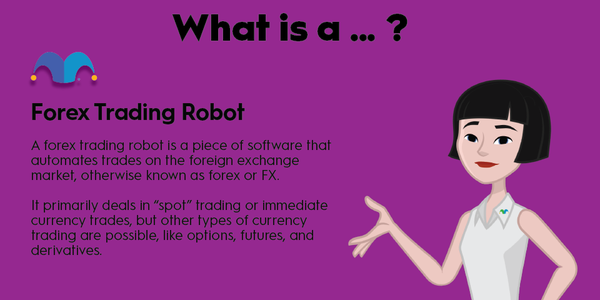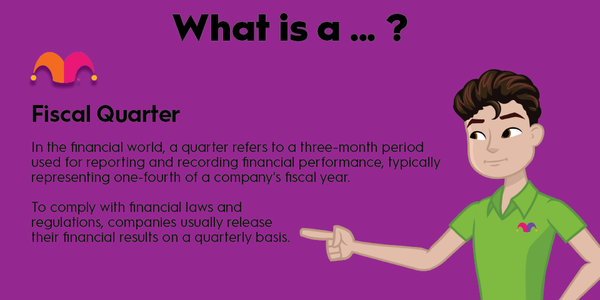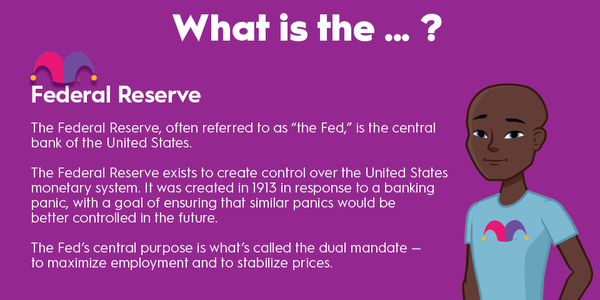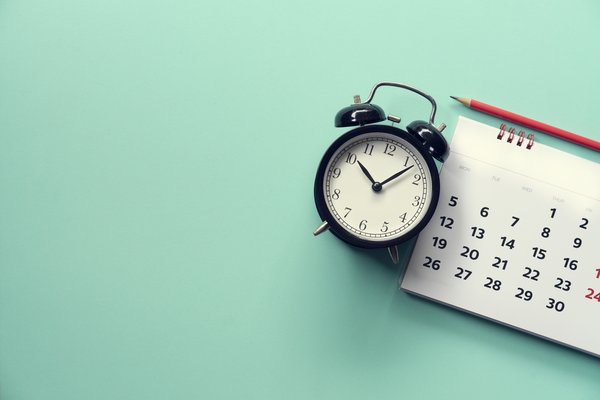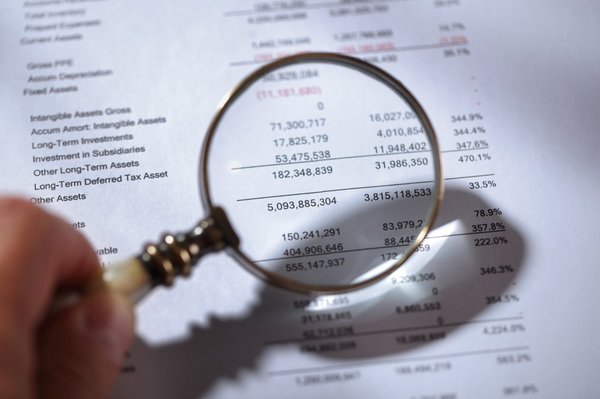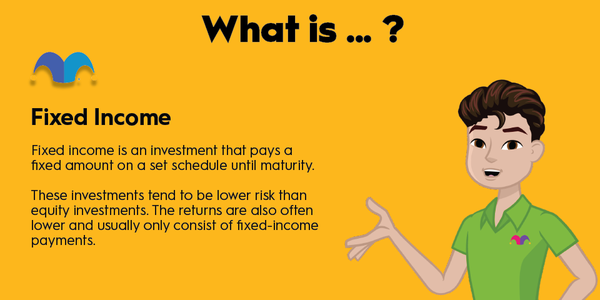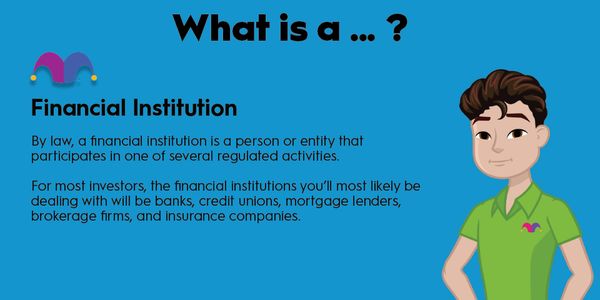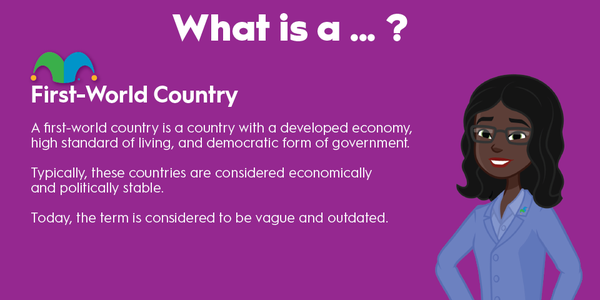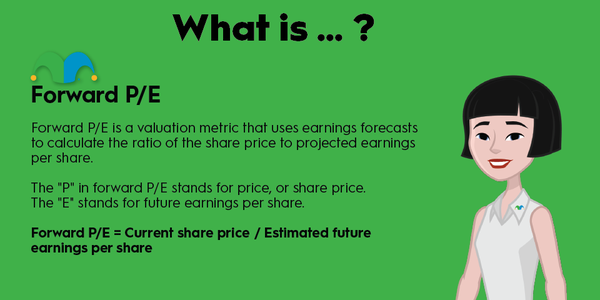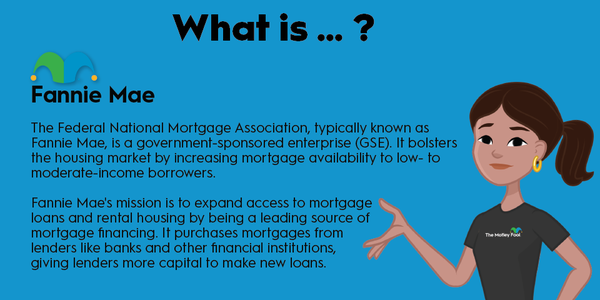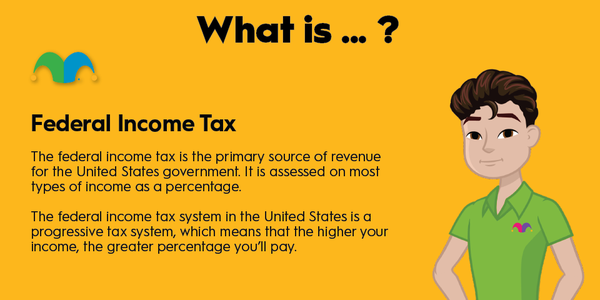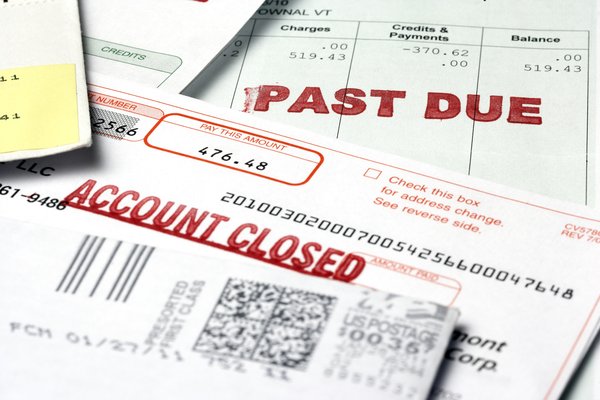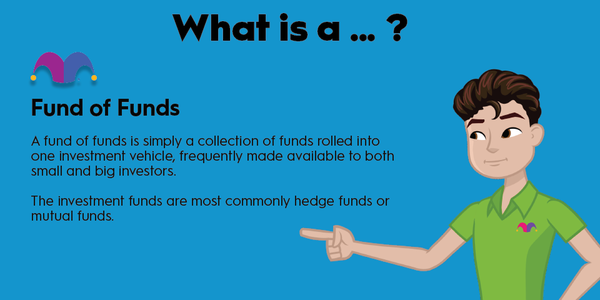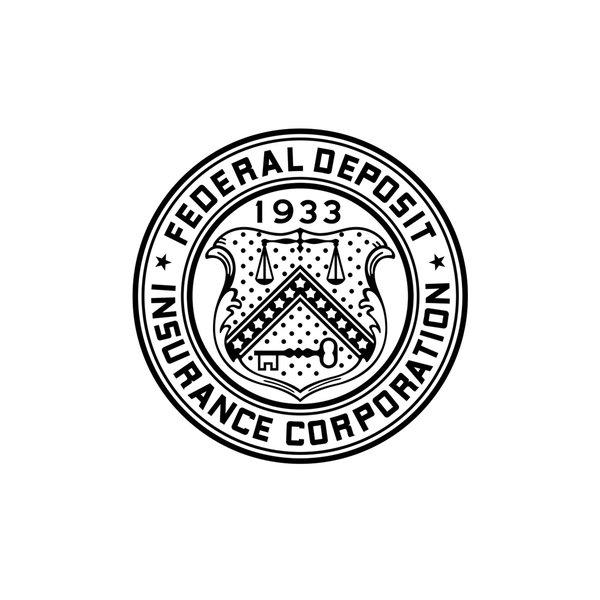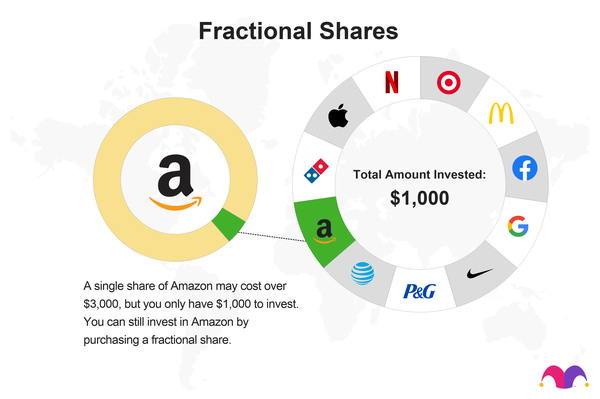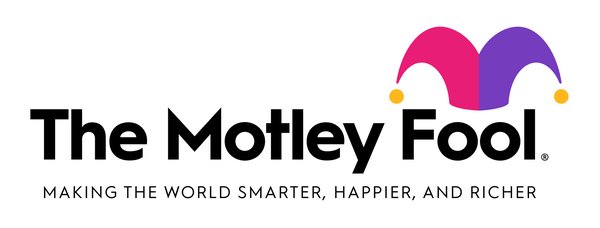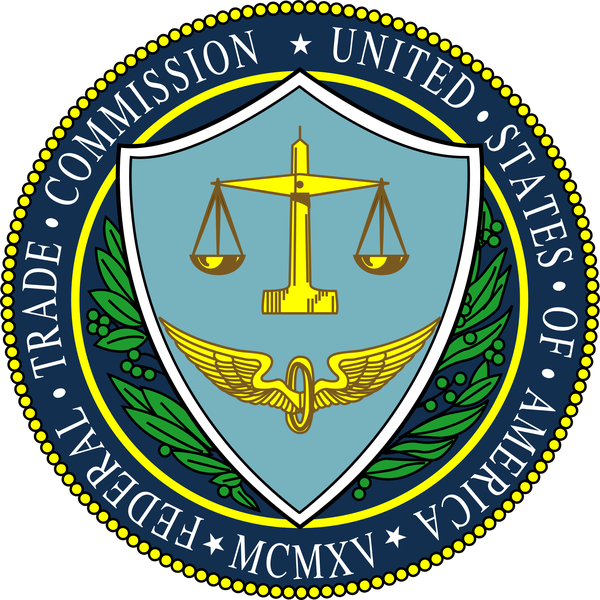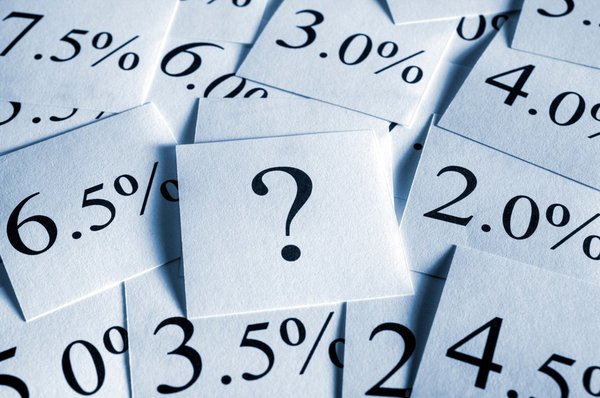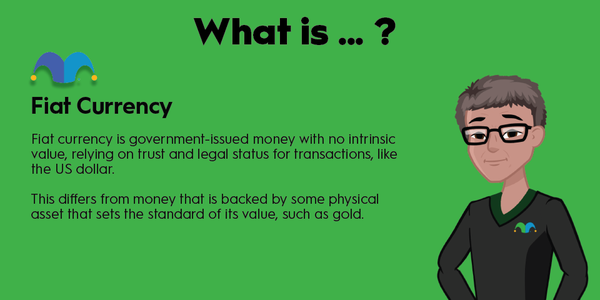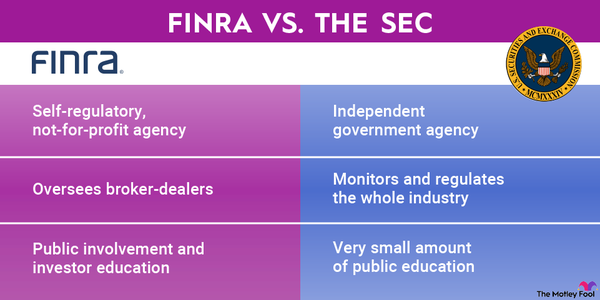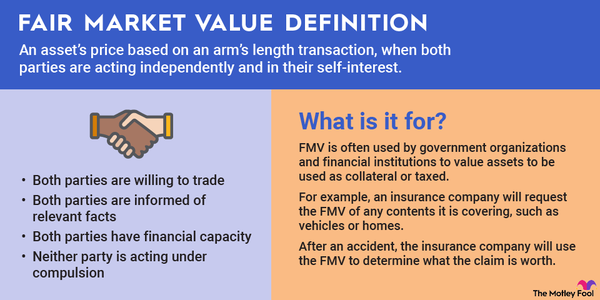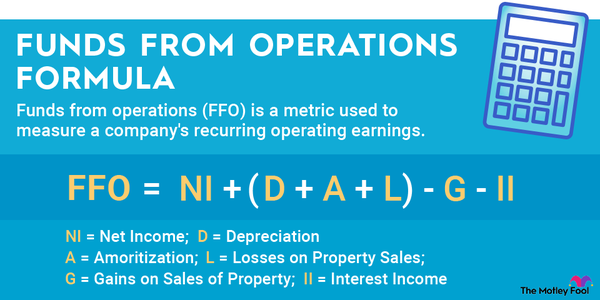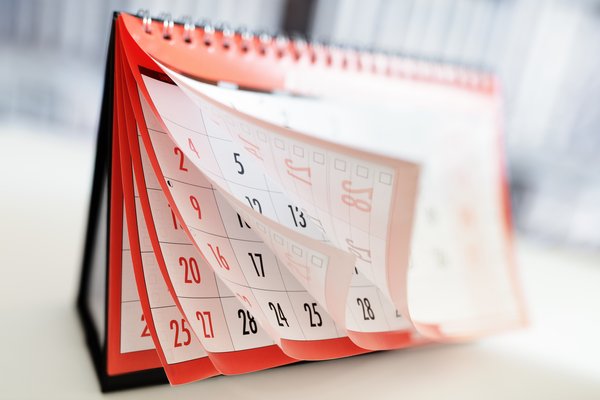When you're investing in pharmaceutical companies or biotechnology, it's important to understand the nuances of this particular industry. Along with learning how to interpret medical testing data, being able to decode an FDA complete response letter can help you better judge where medications and devices are in their approval process.
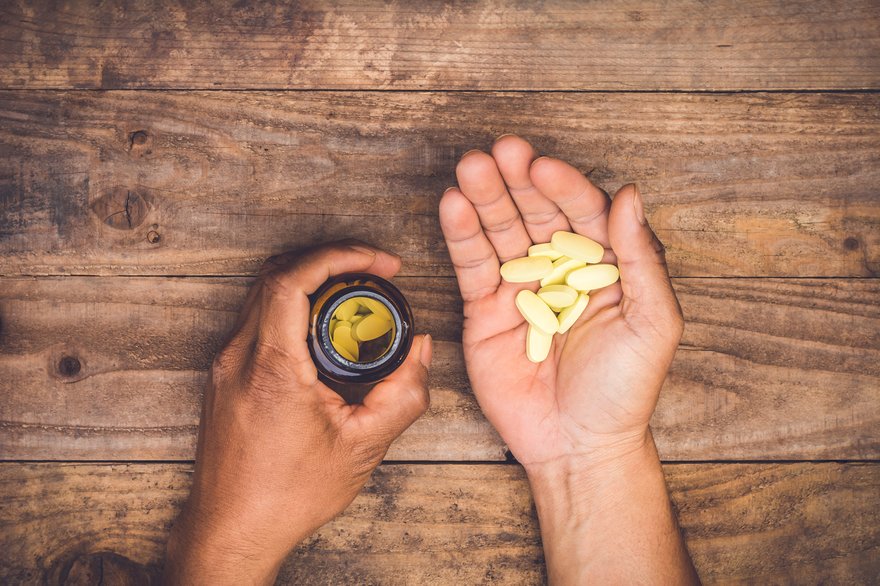
What is an FDA complete response letter?
What is an FDA complete response letter?
When a drug or medical device is reviewed by the U.S. Food and Drug Administration (FDA), the company that created it receives a letter with the FDA's response. Before 2008, those letters were simply "approvable" or "not approvable" letters, which made it very clear to everyone paying attention to what would likely happen next. An "approvable" letter meant that it was close to being approved but needed more data or a small change. A "not approvable" letter meant that there was no way that drug was getting approval with the application that had been submitted.
Today, there's something quite different called the "FDA complete response" letter. Like the "approvable" and "not approvable" letters, an FDA complete response letter means that a drug or medical device hasn't been approved by the FDA, but the extent of the denial isn't evident simply from the letter type itself. It may be that the drug needs to have more easily obtainable information submitted, or it may mean that the drug requires years more of studies before it can stand even a chance at approval.
What an FDA complete response letter contains
What information does an FDA complete response letter contain?
An FDA complete response letter is a very thorough document that can help guide pharmaceutical and biotech companies in the right direction regarding getting approval for their product. It contains four main types of information:
- Description of the deficiencies in the application: If there's a problem with the application itself or with some information within the application, that will be described in the letter.
- Review of the data: Applications for FDA approval require a great deal of data to accompany them, but it doesn't always mean the data that's presented is complete or answers FDA questions. The letter will describe the data that has been reviewed for products with multiple amendments to an application.
- Inadequate data: If the data is inadequate to support approval, the letter will state this, as well. Sometimes, this happens before the FDA completes other steps, like inspections or reviewing potential product labeling.
- Actions for approval: Complete response letters aren't just rejection letters; they also generally contain actionable information to help get the product approved. This can be literally anything from changing the labeling to changing the way that medical testing is performed.
What happens next
What happens after a company gets an FDA complete response letter?
Once a pharmaceutical company or biotech company gets an FDA complete response letter, it has a few options. It can resubmit the application, withdraw the application, or request a hearing to contest a decision that there were sufficient grounds for denying the original application's approval.
If the company fails to do any of these things within a year of the complete response letter, it's automatically assumed that the company intends to withdraw the application, and it will be closed. At that point, the company would have to start over in the application process unless it had already requested or obtained an extension to respond.
Related investing topics
Why it matters to investors
Why does an FDA complete response letter matter to investors?
Although companies are not legally required to disclose the contents of an FDA complete response letter, they typically do share at least some information with their shareholders in the spirit of transparency. These letters are important because they can tell you exactly what that new flagship product needs to launch and can give experienced investors in the pharmaceutical or related sectors an idea about how long it will take to get approval.
FDA complete response letters can also tell you if the bet you've made in your company's future is likely to pay off. For example, if XYZ Pharma was hyping an upcoming cholesterol drug that would allow customers to eat red meat all day without consequence, you might decide to invest due to that specific drug.
But if the FDA complete response letter to its application showed major deficiencies in things like drug testing, you might reconsider that investment or at least plan to dig in for the very long haul before seeing any return on your dollars. On the other hand, if the FDA complete response letter just said that the packaging had to include a more visible warning about side effects, you'd know that things may be about to get crazy, and perhaps you should buy more shares in that stock before they go sky-high on the news of its pending approval.
